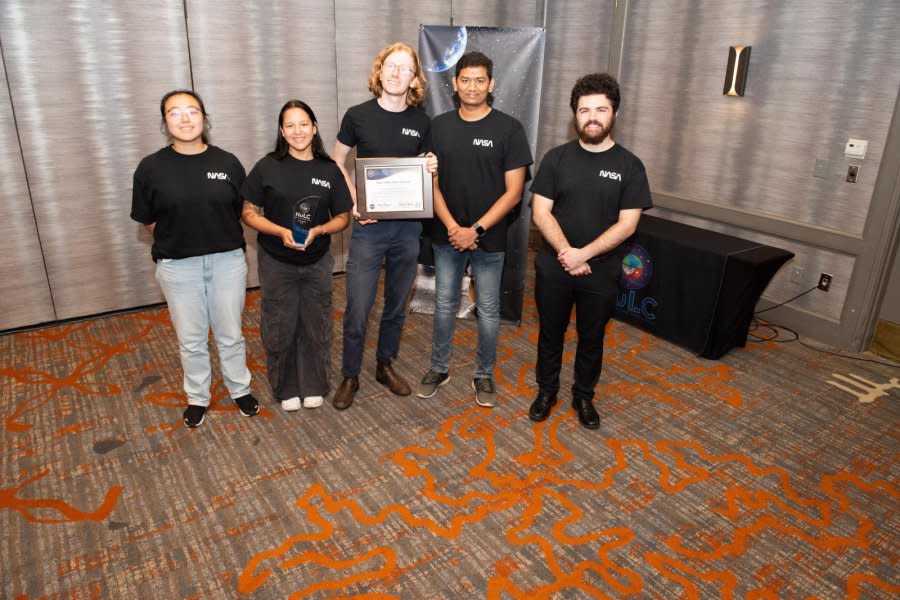University of Michigan wins NASA's lunar lander challenge award

July 1 (UPI) -- The University of Michigan may have topped its college football title with an out-of-this-world science challenge win.
NASA named its team as the winner of its 2024 Human Lander Challenge at a forum in Huntsville, Ala., on Friday.
Michigan beat out 11 other universities throughout the United States who made presentations in front of NASA and space industry experts addressing the issue of dust mitigation while on the lunar surface.
The presentations were made at the Marshall Space Flight Center in Huntsville.
Managing the moon's dust particles has been a concern since NASA's first landing on its surface and remains one of the key challenges of the space agency and the Artemis partners.
The university teams were asked to come up with potential ways to manage or prevent clouds of dust, called lunar plumes, when a spacecraft touches down on the moon. And their ideas should be able to be implemented within three to five years.
The University of Michigan team won a $10,000 award for their project called ARC-LIGHT: Algorithm for Robust Characterization of Lunar Surface Imaging for Ground Hazards and Trajectory.
The University of Illinois, Urbana-Champaign received a second-place award of $5,000 for its project HINDER: Holistic Integration of Navigational Dynamics for Erosion Reduction. The University of Colorado came in third for its project Lunar Surface Assessment Tool, LSAT: A Simulation of Lunar Dust Dynamics for Risk Analysis. That came with a $3,000 award.
Managing and reducing the threat of lunar dust is a formidable challenge to NASA and the agency is committed to solutions for "our long long-term presence on the Moon's surface," Don Krupp, associate program manager for the HLS program at the space flight center, said.
"A key part of NASA's mission is to build the next generation of explorers and expand our partnerships across commercial industry and academic community to advance HLS technologies, concepts and approaches."


